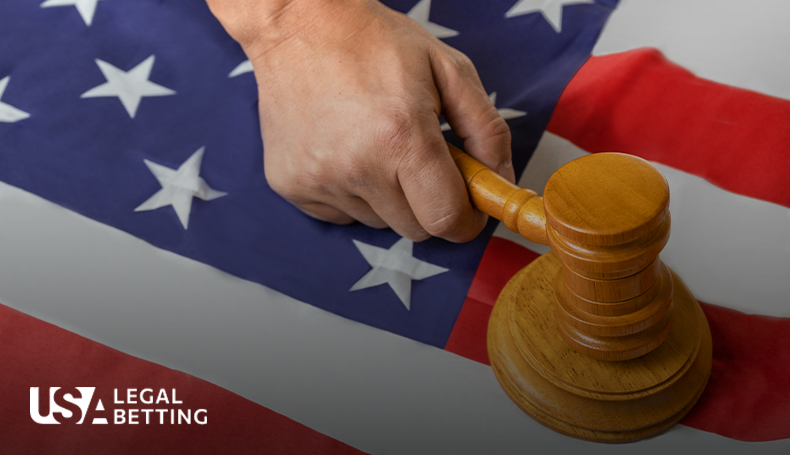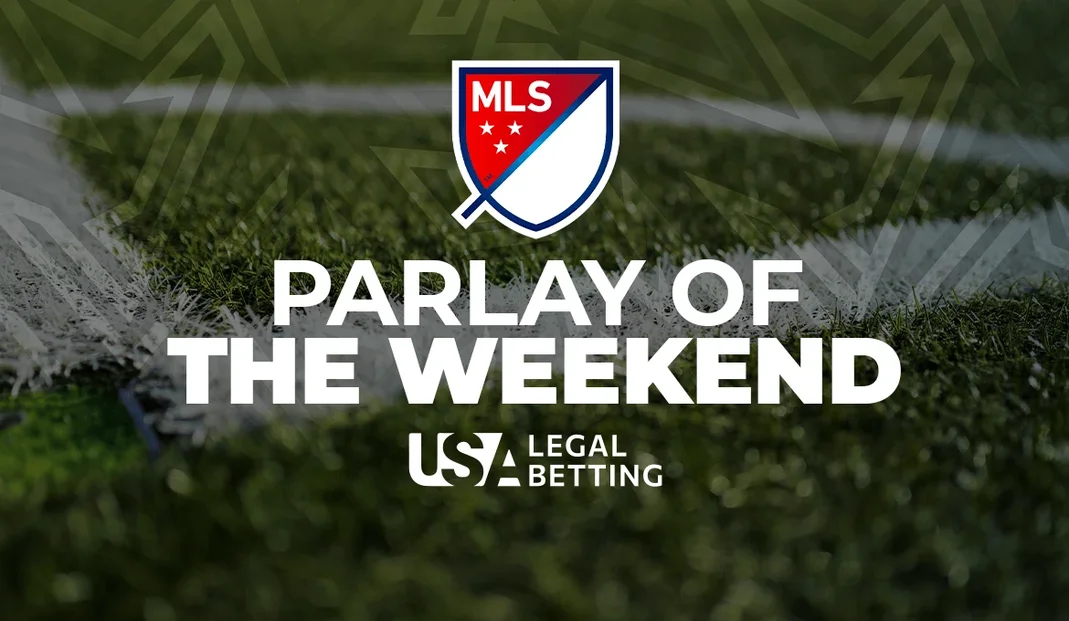The OCCC condemned the threats made towards Dayton’s basketball players and now has to figure out how it will regulate the situation.
Other states with sports betting services have taken different approaches to protect college athletes. Several states have laws prohibiting prop bets, or wagers on player performances, in college events, while others do not allow users to bet on any in-state colleges. Ohio does not have any of these safeguards in place.
There are growing concerns that the person-to-person contact afforded by social media can have a drastic increase on players’ mental health. Dr. Jamey Houle, a sports psychologist at Ohio State, said that the relationship can have long-lasting negative effects.
“Because it's even more legal in the state of Ohio to bet that maybe people feel more upset with the players, that they didn't play well or there is a loss or something like that,” said Houle. “Now with social media, people can have direct contact to the student-athletes and that feels, you know, problematic.”
Houle said that he advises the Buckeyes and other student-athletes to practice mindfulness. He believes that others will always have their opinions, and that is outside of the players' control and should be outside of their focus.
Sports betting reporter Bennett Conlin said the OCCC is considering banning Ohio bettors that share hateful messages to players online.
It is unclear what methods the OCCC would use to track down social media hate-posters. There is also the issue that many of the accounts will inevitably belong to out-of-state bettors, who the OCCC has no authority over.










